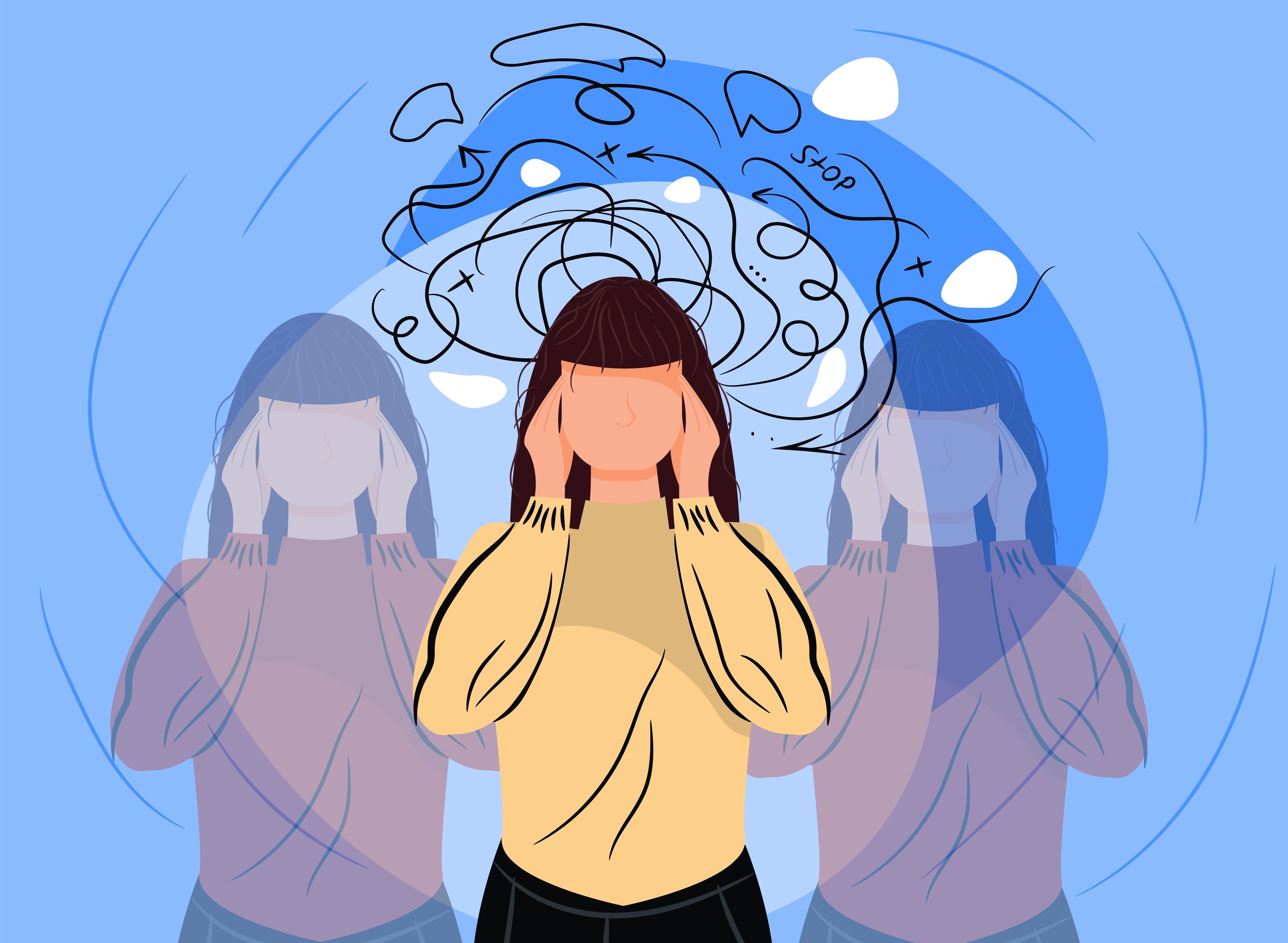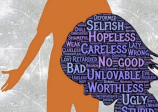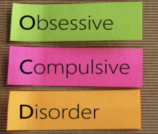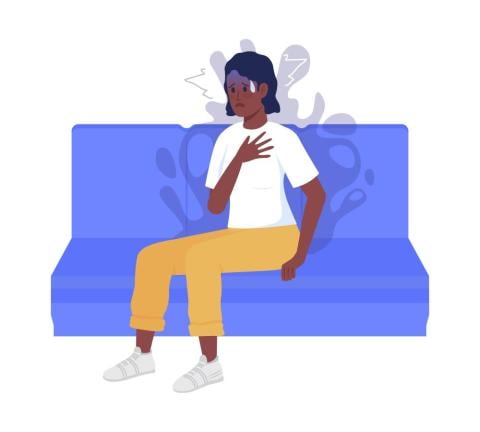Is it OCD or Social Anxiety? Or is it Both?
Is it OCD or Social Anxiety? Or is it Both?

In true form, for OCD lovers like myself, I posed more questions than answers in the title. That was intentional, to be funny, eye-catching, and thought-provoking. Hopefully, I pulled off at least two of those. These questions are often asked by clinicians, and sufferers alike. How do I know if this is OCD or if this is social anxiety? I’ll focus on answering this question as best as I can.
OCD: logic doesn’t work
When I provide education to people about OCD I typically focus on one word that I believe helps to highlight and stayed focused on the problem: unwanted. When people experience unwanted thoughts, it is much more different than other types of thinking that is observed, looked at, or otherwise talked about. It is experienced as if it came into the person’s mind without their permission and the person would very much like it to leave and never come back. Also, the frequency of the bombardment of unwanted thoughts should be mentioned as another key feature of OCD. People will report that these unwanted thoughts can be at times constant from second to second, minute to minute, hour to hour, etc. The other difficulty is that these unwanted thoughts are almost impervious to logic. Because an unwanted thought is not necessarily based out of logic, it is based out of it was never wanted to be present in the first place regardless of if it is making sense or not. The logic part doesn’t matter, it is about its unwantedness. And often people report that “Yes, I logically understand it isn’t true or has a very low probability of occurring, but it is still in my mind and unwanted!”
Social Anxiety: logic does work and is a central part of treatment
Social Anxiety on the other hand is different. A negative automatic thought that someone is judging you isn’t necessarily a thought that people love or like. In generally it is not reported as an unwanted thought like above. It’s reported as believable, possible, and I got the receipts (evidence) to back it up! The good news is logic can work very well with this type of thinking. Because thoughts within social anxiety are not wholesale experienced as unwanted, cognitive work can be done and is quite effective.
In contrast, this type of cognitive work is ineffective for OCD treatment (McKay et al. 2019). There are specific evidenced based OCD cognitive therapy protocols (i.e., Wilhelm & Steketee, 2006) but this is different than standard cognitive restructuring and using the Socratic method and guided discovery that you will see in evidenced-based treatment for social anxiety.
Key differences
Where might be common traps where a clinician could make a misstep? I’ll review similarities that you would hear with both OCD and Social Anxiety and how to notice the difference.
Fear of saying the wrong thing. Very common in social anxiety, probably one of the top five most common negative automatic thoughts I hear. I also from time to time hear a person with OCD say this too. The difference would be in the meaning behind this thought coupled with how it interferes. If this were social anxiety most likely the person would report “I’m worried that if I say the wrong thing that person will think I am dumb” or “If I say something wrong that person won’t like me.” In that scenario the social anxiety sufferer is worried about the judgement or possible rejection of the other person.
For OCD it could take so many more different turns. What if I offend someone with what I say? What if I shout a racist remark? What if I suddenly go insane and run around talking gibberish? For fear of harming a person it could be worried about uncontrolled actions in public. For contamination they could solely be worried about contracting a disease in the public space they are in. The point is that OCD wouldn’t just be about being judged or being rejected. It would usually take on some other additional meanings too.
I would like to point out that I only scratched the surface with the examples I gave. Given the nature of OCD and the possibilities of what a sufferer could have obsessions about, that list is vast if not infinite.
Discussion
There is good news, both OCD and Social Anxiety have clear well documented treatments that are effective. Both involved some of the basic skills of CBT. There are small differences in that cognitive work is recommended for social anxiety and part of best practice. OCD cognitive work is trickier, and susceptible to becoming a ritual. Frankly, I avoid it being a focus in my work, because again logic doesn’t matter for obsessions. When it is clear diagnostically that someone has both OCD and social anxiety, I will present this to the client and have a discussion with them. For best practice, I usually ask the client which one is interfering more and provide rationale for focusing on one area and staying focused on that area. Because of the slight differences in treatment both will end up reinforcing the strong behavioral component of each treatment. I have not done both simultaneously and am unaware of any current outcome studies that have been done. Recently in the Journal of Obsessive-Compulsive and Related Disorders, Pinciotti et al (2022) showed preliminary evidence of the effectiveness of concurrent exposure and response prevention for OCD and prolonged exposure for PTSD. Perhaps in the not-too-distant future we will see this with OCD and Social Anxiety.
References
- McKay, D., Abramowitz, J., and Storch, E. (Spring, 2019). Ineffective and potentially harmful psychological interventions for obsessive-compulsive disorder. The OCD Newsletter.
- Pinciotti, C. M., Post, L. M., Miron, L. R., Wetterneck, C. T., and Riemann, B. C. (2022)
- Preliminary evidence for the effectiveness of concurrent exposure and response prevention for OCD and prolonged exposure for PTSD. Journal of Obsessive-Compulsive and Related Disorders, 34, 100742.
- Wilhelm, S., & Steketee, G. (2006). Cognitive therapy for obsessive-compulsive disorder: A guide for professionals. Oakland, CA: New Harbinger.
This post is presented in collaboration with ADAA's OCD and Related Disorders SIG. Learn more about the SIG.





















